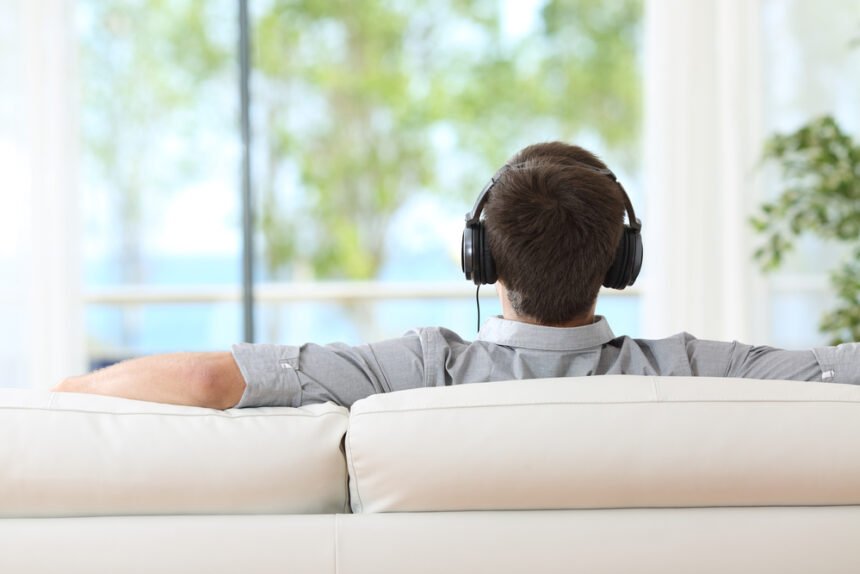Anxiety and depression are serious medical conditions. However, exploring natural alternatives can go a long way in reducing the symptoms of mental health problems. Learning to play music evokes stimuli that increase cognitive performance and reduces ailments like depression. We’ll cover what music therapy is and ways you can use it to help you cope with feelings of anxiety and depression.
What is Music Therapy?
Many therapists clinically use music in their treatment plans to help patients work through their complex emotions and encourage self-improvement. Music therapy is a form of treatment that uses music to address the physical, emotional, cognitive, and social needs of individuals.
Music therapists are trained professionals who use music to help people in a variety of settings, including hospitals, schools, nursing homes, and mental health facilities. They may work with individuals or groups, and use a variety of musical interventions, such as songwriting, instrument playing, and listening to music, to achieve therapeutic goals.
Music therapists begin by assessing the patient’s needs and devising a treatment plan, and research has shown that it can be effective in improving communication skills, reducing anxiety and stress, improving social interaction, and improving the overall quality of life.
The most common types of music therapy sessions may involve:
- Composing songs or lyrics
- Singing lyrics or notes
- Playing an instrument
- Listening to music
Before you buy an instrument, it’s essential to understand why these activities can help.
3 Different Music Therapy Activities
Music therapy aims to shift a person’s emotions and mindset positively.
While music can help alleviate negative mental health symptoms, actively engaging in music can help divert your focus. It helps cultivate a new skill that requires cognitive function and coordination. Over time, learning a new skill helps to boost self-esteem and confidence.
There are various music therapy activities, such as:
Drumming
Drumming is an excellent musical instrument that induces light-heartedness and positive addiction. Playing the drums can offer new ways to express your inner feelings and thoughts through controlled physical effort and interaction.
Everything from selecting the best drum set to choosing the right piece and even practicing the song nurtures a sense of self-awareness. Your brain creates similar connections within your environment as you learn to create new rhythms and beats.
Drumming has a positive social connotation and can bring people together. Studies have shown that group drumming can improve anxiety, depression, and social resilience.
Singing
Singing can release endorphins, the feel-good chemical to help you feel happy and uplifted. Furthermore, signing takes your mind off your stress to boost your mood.
One study published in Australia found that choral singers had a higher satisfaction rating than others, even when the problems faced by these singers were more substantial.
Singing can have similar effects to exercise. As you’re taking in deeper breaths to sing, you feel lifted. That’s because more oxygen enters the blood, allowing for better circulation. This tends to promote a good mood and reduce anxiety.
Playing Piano
Neuroplasticity is your brain’s ability to form and recognize synaptic connections to learning. In short, it helps your brain to change and think more positively. So as you’re playing, your brain is adding new neural connections. Thus, you’re honing in on your muscle memory and improving your focus.
Playing the piano takes you to another universe where you’re fully absorbed in the flow of musical rhythm. You’ve lost track of time and space. This “flow state” is a state of mind connected to increased well-being and good mental health.
Why Is Music Therapy So Effective?
Music is a universal language that can be understood and appreciated by people of all ages and cultures. This makes it an accessible and effective way to communicate and connect with others.
Another reason is that music has the ability to affect our emotions, thoughts, and behaviors. It can evoke memories and associations and can help to regulate our mood and emotional state. Music therapy can be used to facilitate emotional expression and regulation, helping individuals to better understand and manage their emotions.
Music therapy can also be used to address physical, cognitive, and social needs. For example, it can be used to improve physical coordination and mobility, enhance cognitive skills such as memory and attention, and improve social skills and relationships.
Finally, music therapy can be a powerful tool for self-expression and creativity. It can provide a non-verbal way for individuals to express themselves and share their thoughts and feelings, which can be particularly helpful for those who may have difficulty communicating through other means.
Final Thoughts
Playing music is a widely accessible and natural way to improve your mental health. Not only does it divert your attention away from negative emotions, but it also evokes endorphins to encourage positive self-esteem and personal growth.

